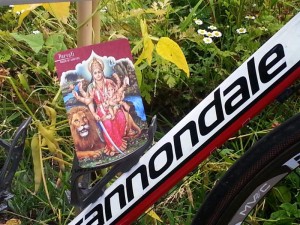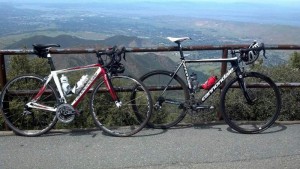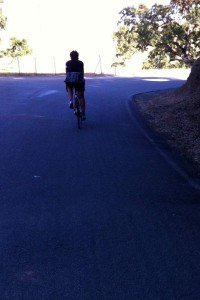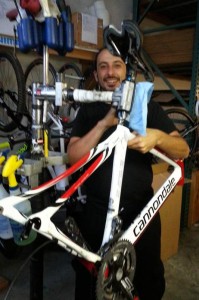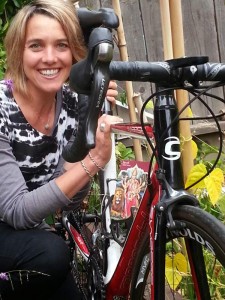It is now easier to imagine the end of the world, than the end of capitalism.
– Frederic Jameson
You cannot get through a single day without having an impact on the world around you. What you do makes a difference, and you have to decide what kind of difference you want to make. -Jane Goodall
Will you ever understand how near God is to you?
– Lalla, 14th century C.E.
It is forbidden to walk on the grass. It is not forbidden to fly over the grass.
– Augusto Boal
A hoped-for crowd of 100,000 or more will mark this day, September 21, 2014, as the largest Climate March in history. Those gathering in New York will march as 120 heads of state prepare to meet this week, at the United Nations Climate Summit. U.N. Secretary General Ban Ki-moon will be one of the tens of thousands taking part in the walk through midtown Manhattan. More than environmentalists, Climate Marchers include labor unions, faith leaders, and social justice groups all of whom have stressed the disproportionate economic impact that climate change is already having on poor communities around the globe.
In Part I of this post, you may recall I was sharing how making the transition from Parvati, my beloved bike-friend and guide, to a new bike had unveiled my feelings of guilt, and a certain attitude I could only attribute to what I’ve seen and learned as a participant in our consumer culture. The Climate March and my unsettled feelings combined make the Frederic Jameson quote above all the more chilling.
A few weeks ago, I participated in a Theatre of the Oppressed workshop. The theme was “homeless,” and about thirty of us were enacting various reactions to the word, the phenomenon, homeless. The interpretations were numerous and the facilitator, with various prompts, took us through an arc of feeling the word, then responding to how the word felt. At first go, many of us assumed the word as a description of the millions of humans forced to live on the streets unwillingly, and readily we went to a place of powerlessness, expressing the hugeness of the problem.
Offering historic context for Theatre of the Oppressed, our facilitator offered examples of the insight and liberation this work has brought to the people of South and Central America and how, with some adaptations, it has also been deeply influential in the West. Very simply he pointed to how quickly and how subtly we humans can give up.
Be it through fear (perceived or very real) or worse, commonplace laziness, we question less and conform more to the going thing (“I don’t know what to do about that, but someone else will figure it out”). Some of us question a lot, but do very little, because the solution is arrested in a utopian vision of what should be (“Every human should have a warm, safe place to call home and we need a system that supports this, but I can’t possibly bring this about on my own”). Both of these are a strange form of social and individual anesthesia; a field of poppies that, like in The Wizard of Oz, makes us woozy and distracts us from a more divinely creative response.
Boal cajoles us, “…it is not forbidden to fly over the grass.” Right! This isn’t about grass or no grass, it’s about how I’m engaging with the grass. I tested my wings last week when I sat with my financial advisor and re-arranged my account to be fossil fuel free. Waking from my unintentional stupor is as simple and as difficult as noticing that I’ve gotten uncomfortably comfortable with the muzac playing in the background.

Standing up, singing a song, shaking myself off, I see more clearly. I have been too busy imagining the end of the world, and not nearly creative enough living in to the economic system I want to be a part of – the one that thrives as a network of services, the one that honors cycles and seasons, the one that reveals the extreme satisfaction of enough.
Please come with me: we don’t have to cut across it, or walk way around it. Let’s fly over it, and let’s cheer all those Climate Marchers from the sky!
